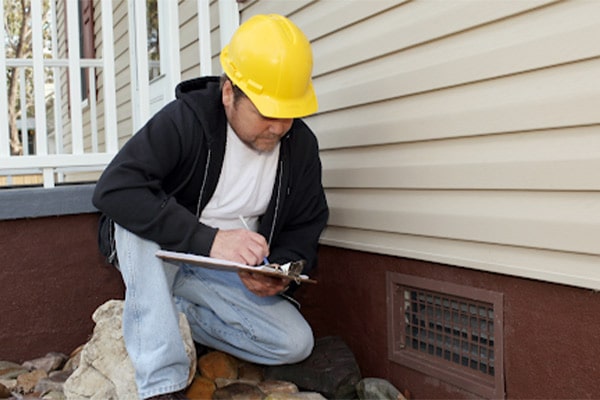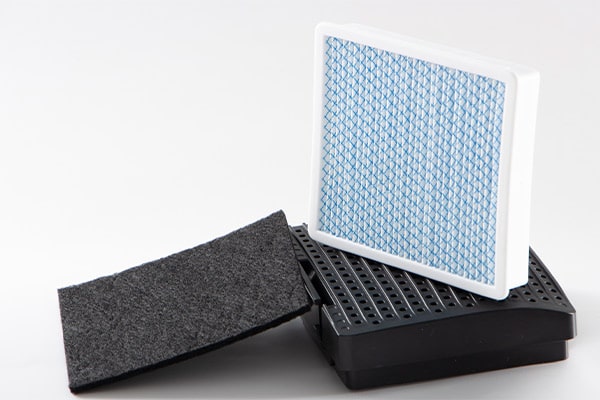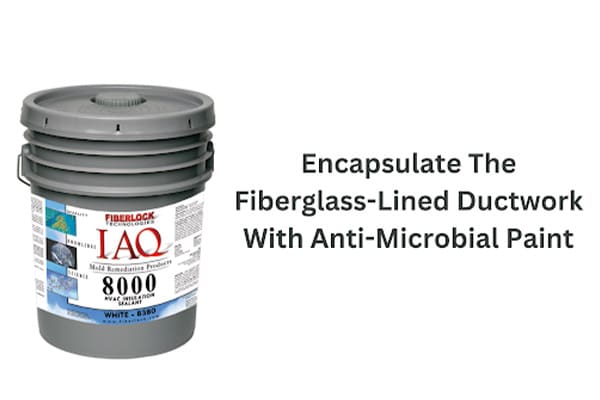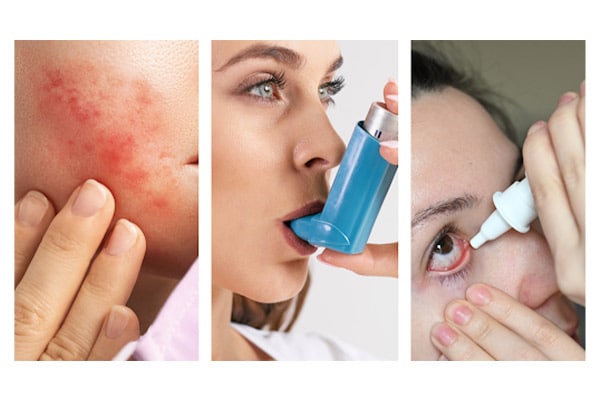Fiberglass-lined ducts are a popular choice for HVAC systems due to their durability, thermal insulation properties, and ability to withstand high temperatures. Also, they are heavily used in the majority of industrial air duct structures.
Over time, they catch dirt, dust, and other contaminants, which can lead to reduced airflow, decreased system efficiency, and poor air quality.
Cleaning fiberglass-lined ducts requires careful handling to avoid damaging the delicate lining. Here's a step-by-step guide on how to clean them properly.
Make sure you have the required safety gear, gloves, goggles, and a respirator mask to protect yourself from fiberglass particles, before beginning any work.
Look for any obvious evidence of damage, fractures, holes, or slack fiberglass, in the ducts. Before starting the cleaning process, address any structural problems.

Experienced HVAC service professionals use HEPA vacuums and filters to safely and effectively clean fiberglass-lined ducts without risking fiberglass dislodgment.

The U.S. Department of Energy's official definition of "high-efficiency particulate air filter" is represented by this. Theoretically, this kind of air filter can eliminate 99.97% or more dust, pollen, mold, germs, and any other airborne particles smaller than 0.3 microns (m).
The most invasive particle size (MPPS) corresponds to the worst-case diameter specification of 0.3 microns. Even more effectively larger or smaller particles are trapped.
The HVAC system should be turned off to stop any air from passing through the ducts while they are being cleaned.
To stop dust or other debris from entering the living room, cover all vents and openings with a plastic covering or tape. This is a crucial step since it will prevent a mess from being made in your home throughout the cleaning procedure.
Dust, grime, and cobwebs all should be removed from the ducts using a powerful vacuum with a HEPA filter.
Vacuum the area around the joints and seams where the ducts attach to the air handler and one another. This step is essential to getting the ducts ready for the cleaning agent.
The cleaning solution will work better if there is more debris eliminated.
Apply a specific cleaning solution to the ducts with a sprayer or fogger once the loose debris has been taken out.
Make sure you pick a product that is safe to use on fiberglass and pay close attention to the manufacturer's directions.
Any leftover filth or debris in the ducts will be easier to remove due to the cleaning solution's assistance in breaking it down.
To clean fiberglass-lined ducts, use a mild detergent solution or a duct cleaning solution on a soft cloth or sponge. Avoid harsh chemicals that could harm fiberglass. Gently wipe the inner surfaces, including walls, vents, and diffusers, without applying excessive pressure.
After cleaning, rinse the cloth or sponge and wipe down the ducts with clean water to remove any residue. Allow the ducts to air dry completely before reactivating the HVAC system to prevent mold or mildew growth.
Now we are almost there to restore the fiberglass lined ducts. The next steps will be followed by the completion of cleaning.
If necessary, after washing the fiberglass you can coat it to stop the fibers from shredding or detaching and to stop the spread of microbes, mold, and dampness.
To further prevent particles from entering the circulatory system, the sealant also forges a bond with the ductwork's exterior.
The exposed metallic surfaces of uncoated metal ducting can also be coated with these antimicrobial coatings for a long-term fungicide action that retains its effectiveness over time.
FiberLock IAQ8000 is incredibly good at protecting your fiberglass.
In contrast to the prior fiberglass, the coating absorbs into and bonds with the fiberglass, creating a firm, white shell once it is dry.

With that, you can restore your ductwork. Also, it’s safer and wiser to restore them rather than replace them. It saves you money as well.
It is crucial to remember that frequent duct cleaning and good HVAC system maintenance can help the equipment last longer and reduce the need for expensive repairs in the future. But when it comes to the fiberglass lined ducts you should be aware that these types of deteriorated ducts can cause health hazards.
Depending on the size of the fibers exposed and the method of exposure, fiberglass exposure can have a variety of health impacts. At the very least, fiberglass causes severe physical irritation to the skin, eyes, and upper respiratory system.

Handling fiberglass shouldn't have any long-term negative consequences on health. When the fibers ingest the epidermis of the skin, rashes may develop.
As people touch flat surfaces that have deposits of fiberglass fibers and wipe their eyes with their hands, their eyes can turn red and itchy as a result of fiberglass exposure.
Inhaling fibers may cause soreness in the nose and throat. Fiberglass inhalation can make the symptoms of asthma and bronchitis worse.
If fibers become ingested, a brief stomach ache may result.
These procedures will help you thoroughly clean and restore your fiberglass-lined ducts, ensuring that your HVAC system is operating effectively and supplying your home with clean, healthy air.
It is crucial to remember that frequent duct cleaning and good HVAC system maintenance can help the equipment last longer and reduce the need for expensive repairs in the future.
Be careful to seek advice from a qualified HVAC specialist if you have any queries or worries about cleaning your fiberglass-lined ducts.